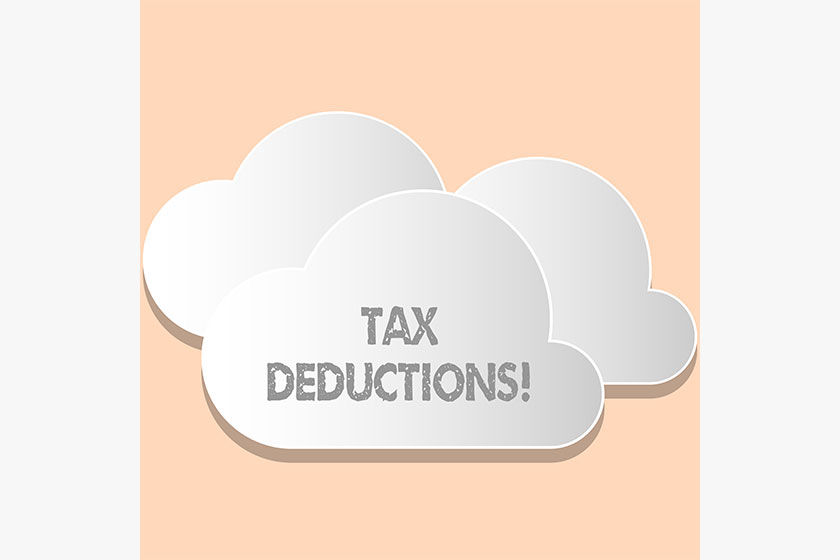As retirement approaches, many individuals begin to consider the benefits and practicalities of independent living communities. A common question that surfaces is, “Is independent living tax deductible?” Understanding the nuances of tax deductions can be crucial for those looking to make the most out of their retirement finances. This article aims to shed light on what aspects of independent living may qualify for tax deductions, helping retirees and those nearing retirement make informed decisions.
Understanding Independent Living
Independent living refers to housing arrangements designed exclusively for seniors, typically those aged 55 and over. These communities offer a variety of amenities like housekeeping, security, and recreational activities, ensuring a comfortable and engaging lifestyle. However, it’s essential to differentiate between mere lifestyle enhancements and medical necessities when discussing tax deductions.
Tax Deductibility of Independent Living
The Internal Revenue Service (IRS) allows deductions for medical and healthcare expenses that exceed a certain percentage of your adjusted gross income (AGI). It’s crucial to understand that not all costs associated with independent living qualify for this deduction. Typically, only the portion of your fees that goes towards medical care or nursing services can be deducted.
Qualifying Medical Expenses
To claim a deduction, the medical expenses must be primarily for the prevention or alleviation of a physical or mental defect or illness. This can include:
- Long-Term Care Services: Expenses for qualified long-term care services required by a chronically ill individual can be deductible.
- Health-Related Amenities: If a portion of your independent living fee is allocated for medical services, such as on-site nursing care or health monitoring, this could qualify.
- Prescription Drugs and Medical Equipment: Expenses for prescription medications and medical equipment necessary for your health.
Documentation and Record-Keeping
Accurate documentation is key. Keep detailed records of all medical expenses, including receipts and statements from your independent living community that outline the portion of fees attributed to medical care.
Consulting with Tax Professionals
Tax laws can be complex and are subject to change. Consulting with a tax professional who understands the specifics of senior living and medical expense deductions is highly recommended.
Non-Medical Expenses
It’s important to note that the cost of non-medical amenities, like meals, general housing, and most recreational activities, are typically not tax-deductible. These are considered personal living expenses.
Eligibility Criteria
Eligibility for these deductions can vary based on individual circumstances. Factors like your overall income, the nature of your medical expenses, and the specific services provided by the independent living community all play a role.
Planning for Your Retirement
Understanding the tax implications of independent living is an essential step in planning for a comfortable and financially sound retirement. While the prospect of tax deductions can make independent living more appealing, it’s crucial to consider all aspects of your retirement plan.
Tax Deductions in Independent Living
The question of whether independent living is tax deductible does not have a straightforward answer, as it largely depends on the nature of the expenses incurred. However, knowing what qualifies for deductions can significantly impact your retirement planning. Always consult with a tax advisor to understand how these rules apply to your specific situation, ensuring that you make the most out of your retirement years in a financially savvy way.








